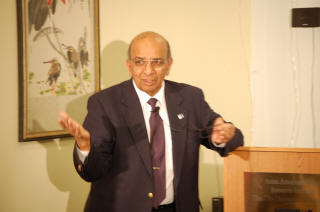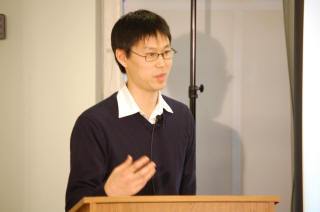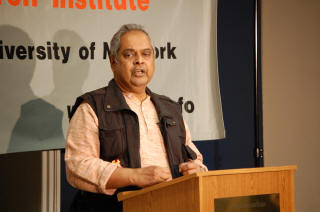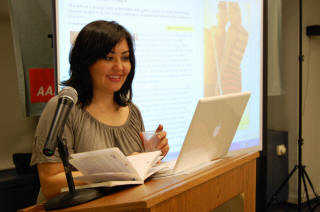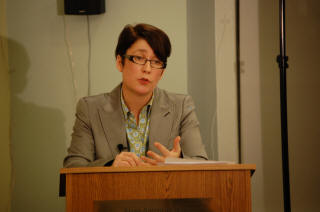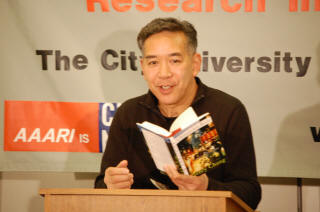Buddhist & Hindu Cave Temples: The Ajanta & Ellora Caves in India
A travelogue of a geologist visiting the hand carved ancient Cave Shrines of Hindus and Buddhists near Aurangabad in the state of Maharashtra in India. These caves were accidentally discovered in early eighteenth century. Starting in Mumbai (Bombay) in Maharashtra state, we go through Aurangabad to the caves of Ajanta and then on to Ellora. … Read more

